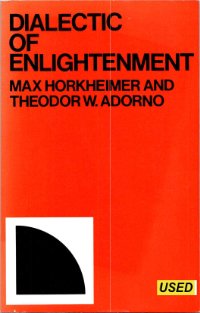Soren Kierkegaard. Translated by ALEXANDER DRU. Introduction by WALTER KAUFMANN
THE PRESENT AGE
In "The Present Age," Danish philosopher Søren Kierkegaard reflects on the state of society during his time, critiquing the lack of passion, depth, and authenticity in the modern age. He delves into the concept of constant distraction and the rise of a superficial culture driven by the pursuit of instant gratification. Kierkegaard challenges readers to question the values and norms prevalent in society, encouraging them to seek a deeper understanding of themselves and the world around them.
OF THE DIFFERENCE BETWEEN A GENIUS AND AN APOSTLE
Exploring the distinction between a genius and an apostle, Kierkegaard delves into the realms of individuality and universality. While a genius may possess exceptional talent and creativity, an apostle embodies a higher calling, serving as a messenger of profound truths and ideals. Kierkegaard emphasizes the transformative power of faith and purpose in distinguishing between mere brilliance and true enlightenment, inviting readers to contemplate the significance of their contributions to the world.
HARPER & ROW, PUBLISHERS, NEW YORK. 1962. 103p.




